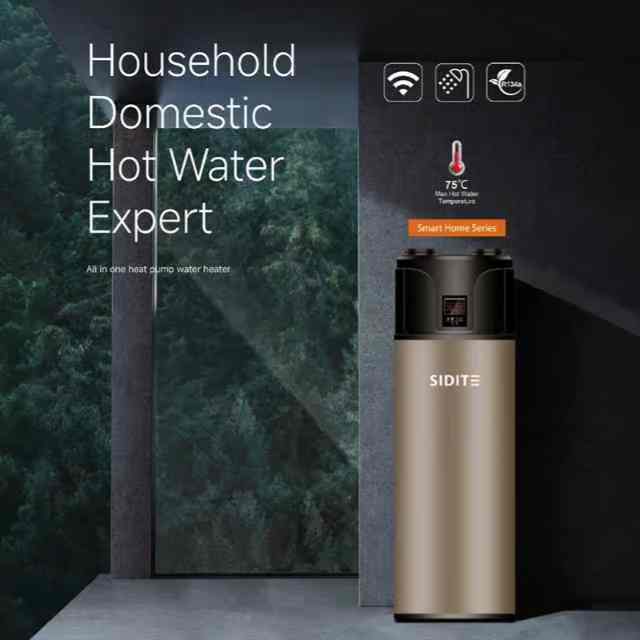Heat Pump Water Heating: The Smart Choice for a Sustainable Future

Introduction
With the world still seeking cleaner energy and more sustainable infrastructure, the method of heating water is undergoing a quiet transformation. Traditional water heating typically relies on fossil fuels or inefficient electric systems that are responsible for costly operating expenses and increased carbon emissions.
Heat pump water heaters, however, represent a new, energy-efficient alternative—one that is more adapted to the needs of modern businesses, families, and environmental targets.
1. Efficient Technology with Reduced Energy Consumption
Heat pumps work by taking heat from ambient air and transferring it to water via a refrigeration process. Rather than generating heat directly, they move existing thermal energy, which makes them significantly more efficient than conventional heaters.
For businesses and institutions with high hot water demands—whether hotels, apartment buildings, or hospitals—it translates to lower utility bills and a more stable return on investment in the long term.
2. Environmentally Friendly and Compatible with Climate Objectives
As global carbon emission regulations get stricter, especially across Europe and other regions of the world, companies are coming under greater pressure to adopt low-carbon technologies. Heat pump systems emit nothing directly while operating and can be powered using renewable electricity, offering a path to almost zero-emission heating.
Businesses can reduce their environmental impact and demonstrate corporate responsibility and leadership in sustainability through the adoption of heat pumps.
3. Adaptable across Different Climates and Applications
New generation air-source heat pumps are engineered to operate across various temperatures and climatic conditions. From domestic dwellings in Southern Africa to commercial buildings in Northern Europe, well-designed and well-installed systems can deliver year-round, constant performance.
They can also be integrated into building infrastructure or merged with solar heating systems for maximum efficiency and even reduced energy dependence.
4. Long-Term Reliability and Safety
Unlike gas systems, heat pumps eliminate combustion risks such as carbon monoxide leakage. With fewer mechanical stresses and no flame operation, the systems also have a longer lifespan and require less maintenance.
Their operation is also quieter and more stable, improving comfort and safety in home and commercial settings.
Conclusion
Choosing a heat pump water heater is more than a budgetary decision—it's a strategic investment in cleaner, more resilient energy systems. As part of a future-ready energy strategy, heat pump technology is helping businesses and homes lower emissions, control costs, and move closer to net-zero goals.
At SIDITE, we specialize in delivering high-performance heat pump solutions to address the world's demands. Wherever you operate—in Europe, Africa, or beyond—our systems are designed to allow you to build smarter, greener, and more economically.
Ready to make the switch?
Contact us today to learn about our full range of sustainable water.